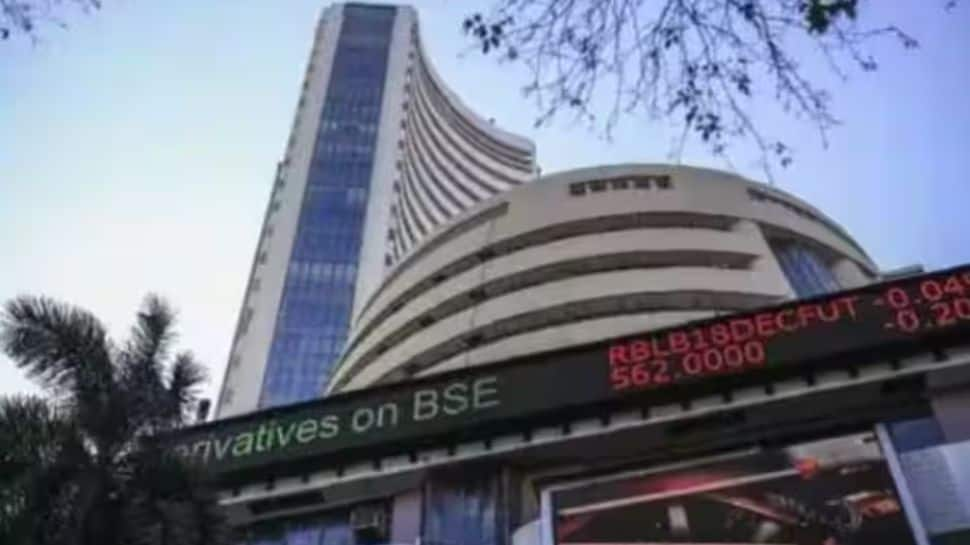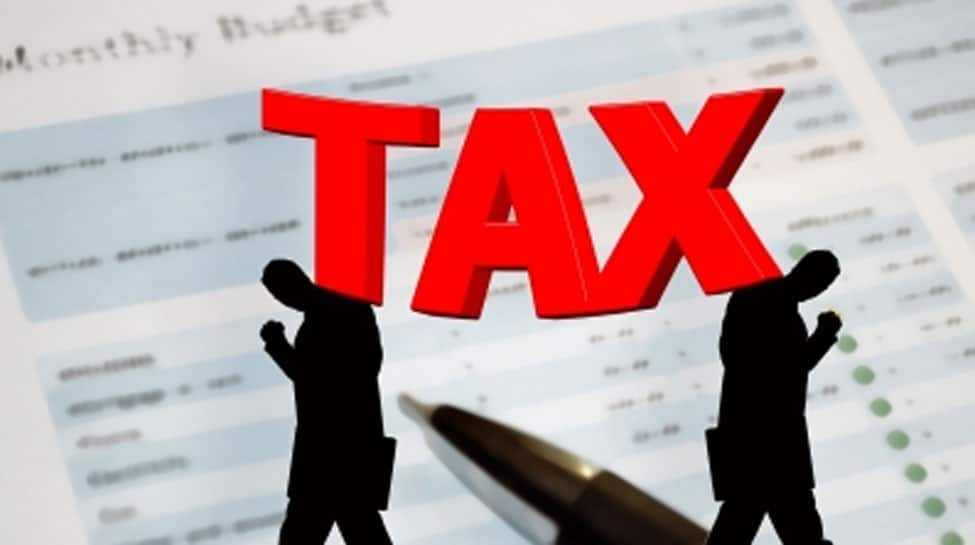In what may come across as shocking news to some income tax assessees, from April 1, 2026, the Income Tax Department will be ready and legally permitted to peep into not just your social media accounts but also your bank and trading accounts, if found suspicious. Additionally, the taxman will also be able to access your email inbox and even other related information. The news comes two days after Finance Minister Nirmala Sitharaman defended the idea of granting access to individuals’ digital records as part of the incoming Income Tax Bill. Such a provision is necessary to fight tax evasion and prevent financial fraud, according to the finance minister.
The additional power for the Income Tax Department doesn’t end at personal data. Under the new income tax bill, the Income Tax Department will also be able to break open any box, locker or door, in case the authorities find a vaild reason to suspect concealed, undisclosed or unaccounted for assets or books of accounts.
As per Clause 247 of the new Income Tax Bill, an authorised officer with a reason to believe that an individual assessee possesses undisclosed income or property under the ambit of the income tax laws can “break open the lock of any door, box, locker, safe, almirah, or other receptacle for exercising the powers conferred by clause (i), to enter and search any building, place, etc., where the keys thereof or the access to such building, place, etc., is not available, or gain access by overriding the access code to any said computer system, or virtual digital space, where the access code thereof is not available.”.
What does that really mean? In simple terms, tax authorities will be able to make a forced entry into your premises upon detecting suspicious activitiy under applicable law. Besides, they can also access computer systems, emails or social media accounts over suspected tax evasion.
Some tax experts say that such restrictions can also be extended to companies where the assessees are employed or were previously employed, given the detailed provisions under the new Income Tax Bill.
On Tuesday, speaking in the Lok Sabha, the lower house of Parliament, Sitharaman admitted that tax authorities are already utilising personal information available on apps like WhatsApp (messaging app) and Google Maps (road navigation app) in conducting investigations and must also be recognised formally in law.
The existing tax law, governed under the Income Tax Act of 1961, primarily refers to physical books of accounts, ledgers and manually recorded financial data, which makes it legally challenging for tax authorities to access digital records during its raids.
“Right now, people argue, ‘I have shown my ledger, why do you want my passcode?’ This gap is being addressed in the new bill (the new Income Tax Bill) before the select committee,” the finance minister told the Lok Sabha.















































